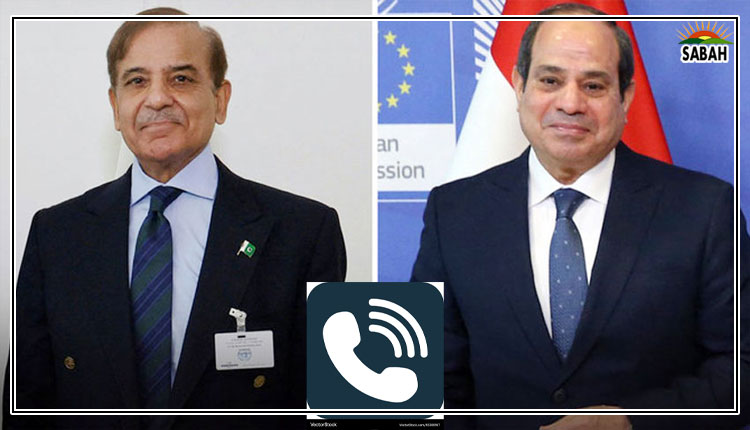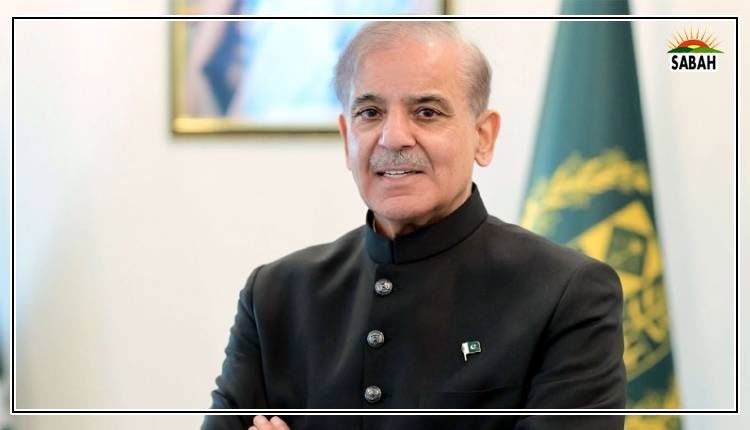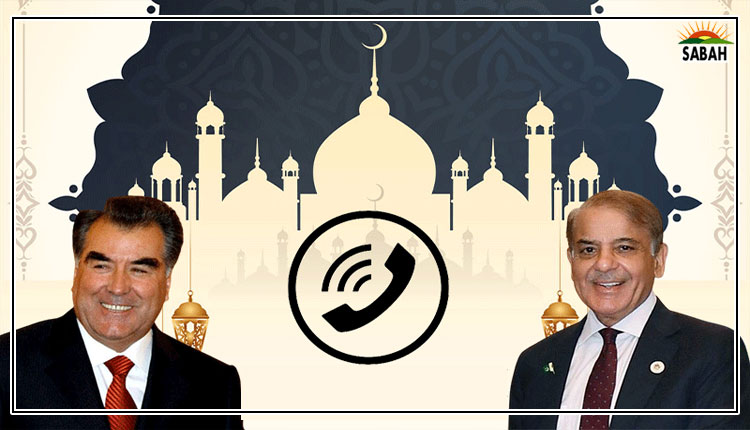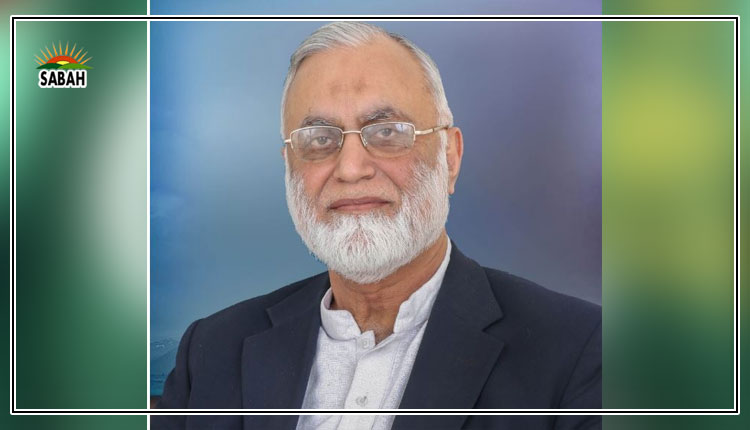The man behind today’s dirty politics…Muhammad Ajmair
In the intricate dance of politics, the stage is often marred by the footprints of dirty tactics. Dirty politics characterised by deceit, manipulation and questionable ethics casts a shadow over democratic process. One of the glaring issues in the context is the art of character assassination through weaponisation of misinformation to spread false narrative on social media, nowadays. Instead of focusing on policies and solutions, there are those who engage in tarnishing the reputation of opponents. Personal attacks and mudslinging replace substantive debate, leaving voters to sift through a haze of half-truths.
Lets unveil the motivations that have been driving the wheels of political machination for generations.
The story begins with a man named Niccolo Machiavelli a famous Italian political philosopher who taught rulers how to stay on in power. It is really fascinating to see how todays leaders still find inspiration in the writings of the influential figure from the past. There is no occasion in history when Machiavelli was not considered controversial due to his modern ideas. Many power players taunt their opponents attributing their personality and conduct to Machiavelli.
Machiavelli was the man who in his book The Prince published in 1513 suggests to the leaders to resort to deceiving, lying, cheating, fighting and violently using power in politics in order to achieve the interest of state. Machiavelli was a realist who believed in practical approach to politics, overlooking morality. He didnt believe in the essential goodness of human nature. According to him, human nature is completely selfish.
Machiavelli says men are ungrateful, fickle, deceitful, cowardly and greedy, and that they are good when it pays them to be good. His views, if adopted, lead to divorce between ethics and politics. He thinks that politics has nothing to do with moral principles that govern personnel behaviour.
Despite facing severe criticism, Machiavellis political ideas remain influential with leaders who still make use of them in pursuit of political success. One such leader is Henry Kissinger, a prominent American diplomat. Kissinger is known for a realistic approach to the US foreign policy. He prioritised national interest and pragmatic consideration over ethical concerns, aligning with Machiavellian ideas that emphasise the practicality of politics separate from ethical considerations. Critics argue that such policies have contributed to instability in certain regions like south Asia due to the Vietnam War.
Furthermore, Machiavellis philosophy indeed preaches the notion that rulers should eliminate potential threats because they may weaken their power. Today, we see this Machiavelli philosophy widely used across the globe, including Pakistan where, for instance, illegal detention is quite rampant despite being in clear violation of Article 10 of the Constitution which safeguards the right to a fair trial and protection against arbitrary arrest. And, this illegal action is motivated by the Machiavellian philosophy.
Moreover, Machiavelli suggests a ruler should be vigilant of the states around him and when a weak state becomes rich in resources, it should be taken over in the name of protection. Machiavelli says that conquering land is part of human nature so when he gets power, he tends to meet this desires. He insists that a ruler is to be judged by his abilities to govern and not by his moral character. Today, the annexation of Crimea by Russia in 2014 aimed at advancing its strategic interests in the Black Sea region seems motivated by the Machiavellian philosophy. Also, the brutal use of force Israel on Palestinians clearly violates Article 2, Clause 4 of the UN Charter. This violation of the UN Charter is a reflection of Machiavellian principles that advocate disregard for legal and ethical constraints. The US invasion of Iraq is also justified through Machiavellian lens as the prioritisation of state interest and security. The pretext of Saddam Hussein possessing weapons of mass destruction serves as a Machiavellian tactic to justify the invasion under President George W Bushs administration. This allowed for the removal of Saddam, securing strategic US interest in the Middle East, as Machiavellian says, A ruler should prioritise the interest of a state over his personal desires or moral considerations.
All this brings us to think what kind of a thinker Machiavelli was. What were the reasons behind his ruthless philosophy? Why did he inspire rulers to become tyrants? What prompted him to justify separating morals from politics?
In search of the answers, we need to analyse the conditions prevailing around him. Machiavelli was born in a turbulent Italy that was divided among city states undergoing constant power struggle. Thus his book, The Prince, reflects his pragmatic response to the conditions prevailing in Italy those days, providing rulers with strategies to prevent rebellion and bolster state strength. Machiavellis purpose was to provide practical advice to the rulers on how to maintain territorial control and stability. He wrote the book in the hope that his advice would be used by the rulers of Italy to unite the fragmented Italian states that often came under the influence of foreign powers.
Machiavellian ideas live on more than five hundred years after his death. The Machiavellian approach can still be seen practised in modern politics. Leaders around the world generally resort to deception and fraud to advance their political interests and those of the state. For instance, before elections, they make promises after promises and commit providing every good thing under the sun, but they dont consider it necessary to fulfil their promises on assuming power. This reflects the practical application of Machiavellian principles.
Current global events illustrate Machiavellian thoughts in action, as individuals speaking for rights face action, at times very cruel, in the name of national interest.
Dirty politics means a departure from ethical governance, challenging democratic values. Embracing ruthless strategies erodes trust, compromises political integrity and undermines a healthy democratic society.
Courtesy The Express Tribune












